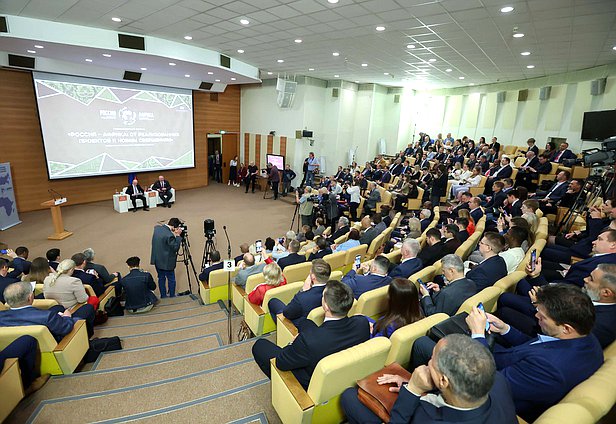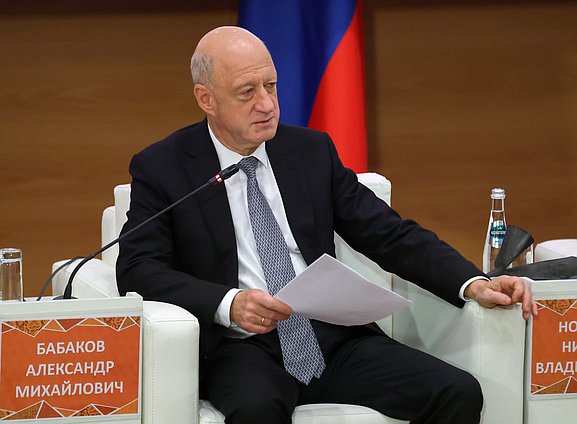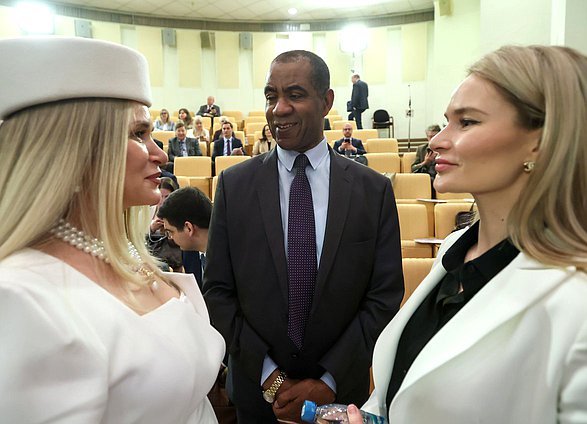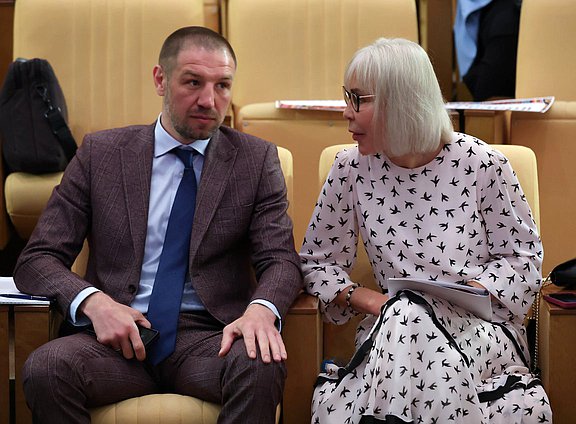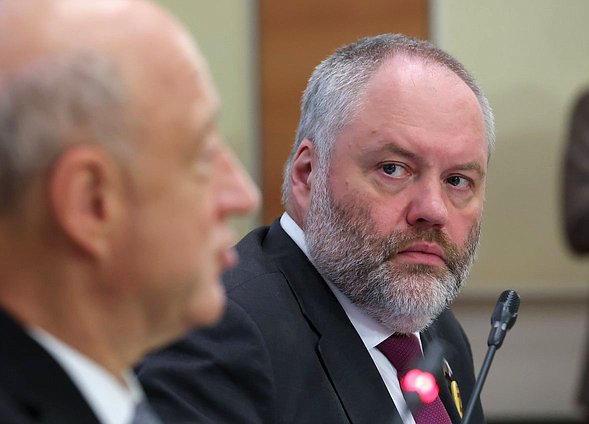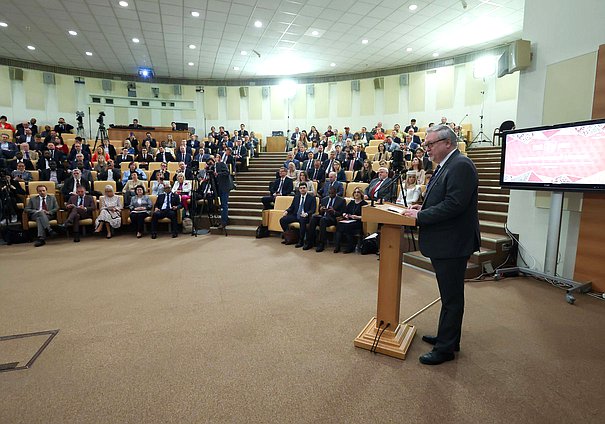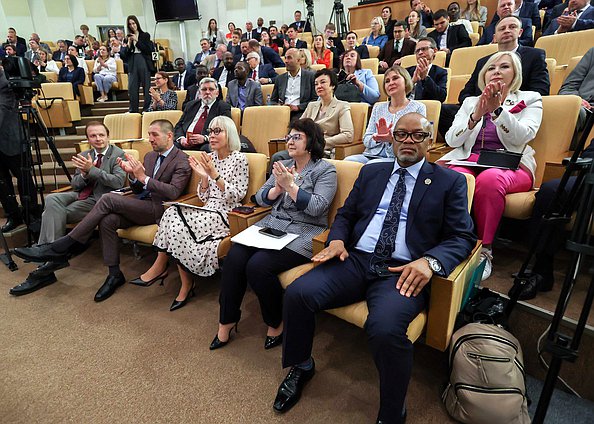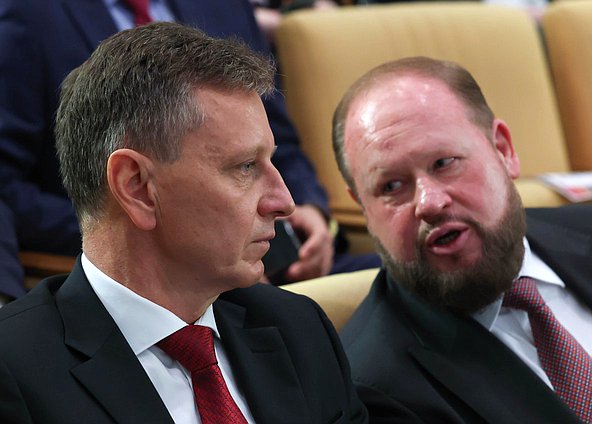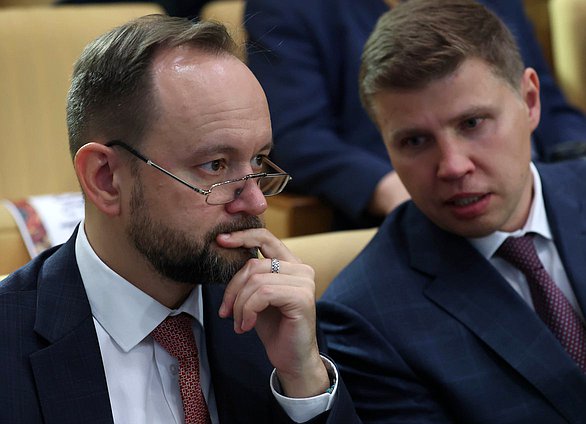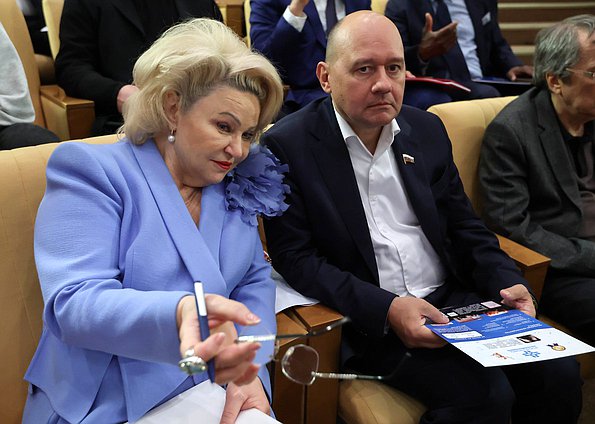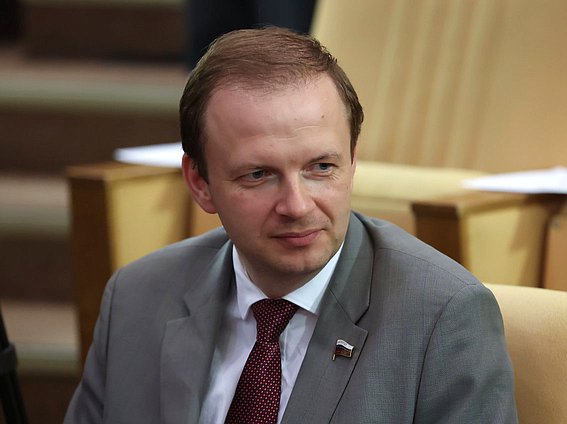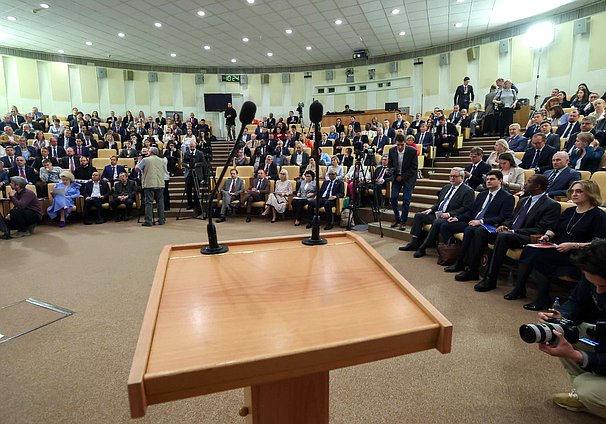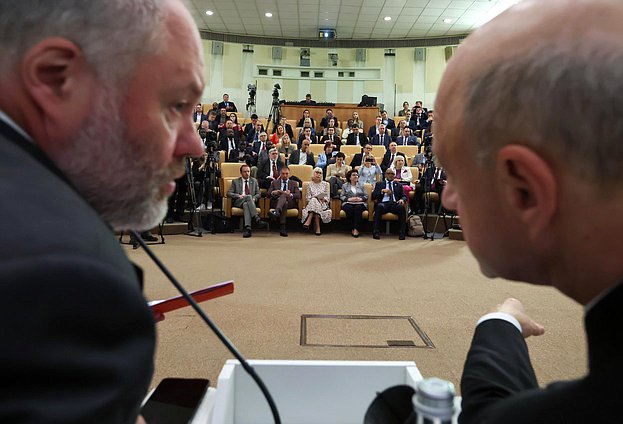
A meeting of the Expert
Council on the Development and Support of Comprehensive Partnership with
African States chaired by the Deputy Chairman of the State Duma Alexander
Babakov

Alexander Mikhailovich
was held at the State Duma. It was held as part of the events of the Humanitarian Forum “Russia — Africa: from implemented projects to new
achievements”.
“We have to be descent continuers of all of this. And I am very glad that today we are united by the desire to enhance the humanitarian area. But I would like to talk about the economy. Among other things, all of this must be based on economic processes. I am very glad that BRICS welcomes the participation of African states both as member states and observers. This has already borne fruit and will bear even more to the process of creating a multipolar world and will make this multipolar world a real powerful tool,” said Alexander Babakov, opening the meeting.
The Deputy Director of the Department for Partnership with Africa of the Russian Ministry of Foreign Affairs Andrey Panyukhov drew attention to the issue of expanding the network of Russian diplomatic missions in Africa and long-term cooperation.
The foundation of the current cooperation with African counterparts was formed by real breakthrough Russia-Africa
summits in 2019 and 2023, as our President said. As well as the first
ministerial conference, which was held at the end of 2024 in Sochi. The final
documents of these meetings, among other things, highlight the need for national identity, cultural and civilizational diversity, historical heritage
and the protection of traditional values. Modern Africa is the continent of the future. I am convinced that the key to Russia-Africa long-term multifaceted
interaction is strong humanitarian ties in projects for younger generation,”
the diplomat said.
Nowadays, more than 32 thousand African students are studying at Russian universities, including almost nine thousand within quotas.
Head of the Department for Relations with African and Middle Eastern Countries of the TASS International Relations Department Lyubov Sakhno noted the important role of the media in covering interactions at the international level: “The global problem of the media, which directly affects the authority of the media, is disinformation and fakes. As the oldest news agency in Russia, we provide only verified information. And the greatest thing is that the foreign information partners think highly of us. They try to take our information. Our current goal is to spread our information influence abroad as much as possible, including in African countries. And to convey truthful information about Russia and the world.”
The Head of the Union of African Diasporas in Russia, President of the Ethiopian Diaspora in the Russian Federation, Senior Researcher at the Institute of Scientific Information on Social Sciences of the Russian Academy of Sciences Zenebe Kinfu Tafesse congratulated everyone on the upcoming Africa Day which is celebrated on May 25 and asked all the meeting participants to stand up and honor the memory of the freedom fighters of African countries.
“These Russian people, professionals in different fields, sacrificed their lives to make Africa free. We express our gratitude to them. But saying not only words of gratitude, I want to focus on the medical issues. We really need medicine,” he said.
According to Zenebe Kinfu Tafesse, African countries need serious trainings of medical personnel to make the region's healthcare more modern.
Members of the State Duma, representatives of the Government of the Russian Federation, scientific organizations, business structures, development institutions, state corporations, mass media, diplomats, African experts, and officials from African countries took part in the meeting.
The Humanitarian Forum “Russia — Africa: from implemented projects to new achievements” summarizes the results of implemented projects and promotes further cooperation and mutual understanding between Russia and African countries in the fields of culture, education, information, sports, social projects, diaspora partnerships and the women's agenda.
